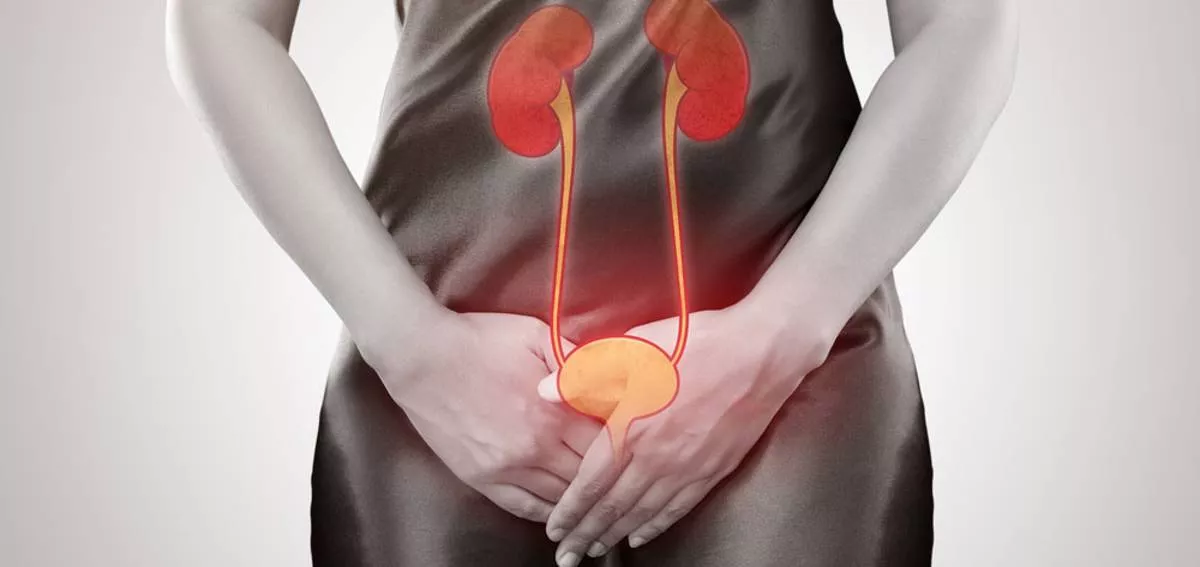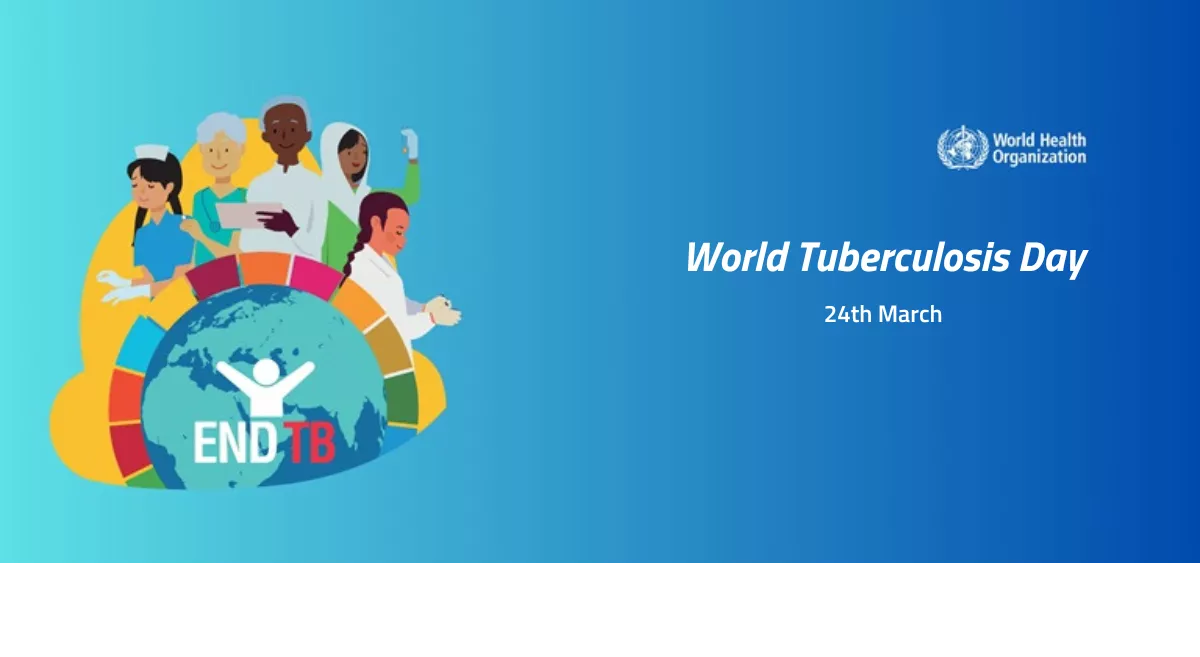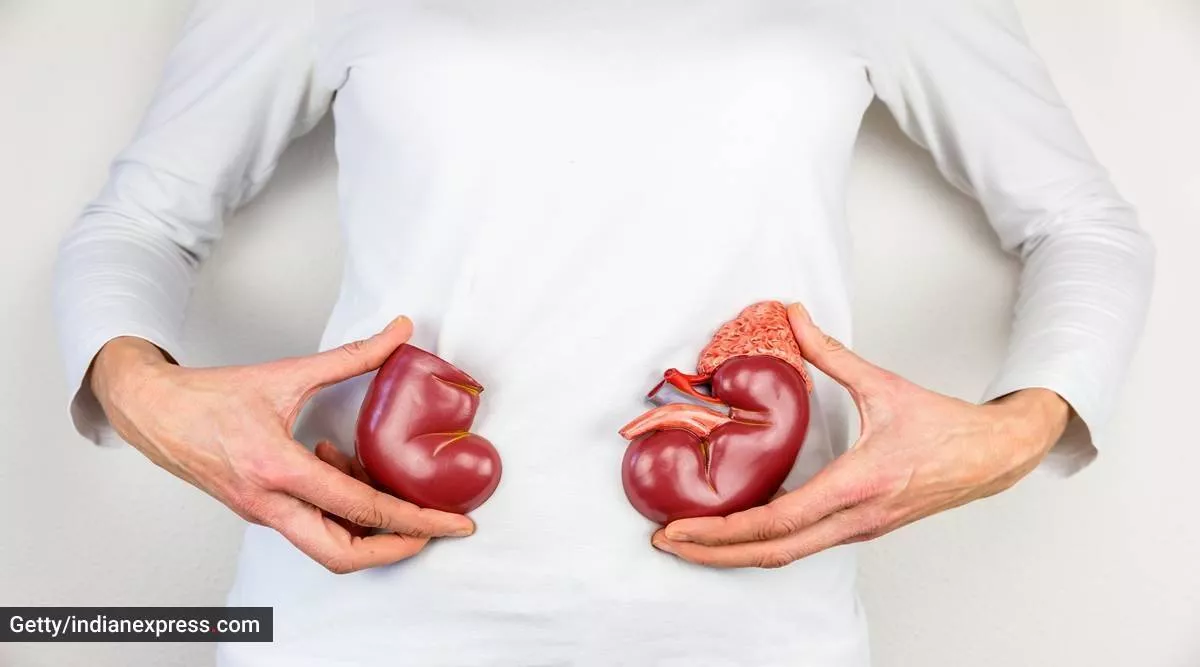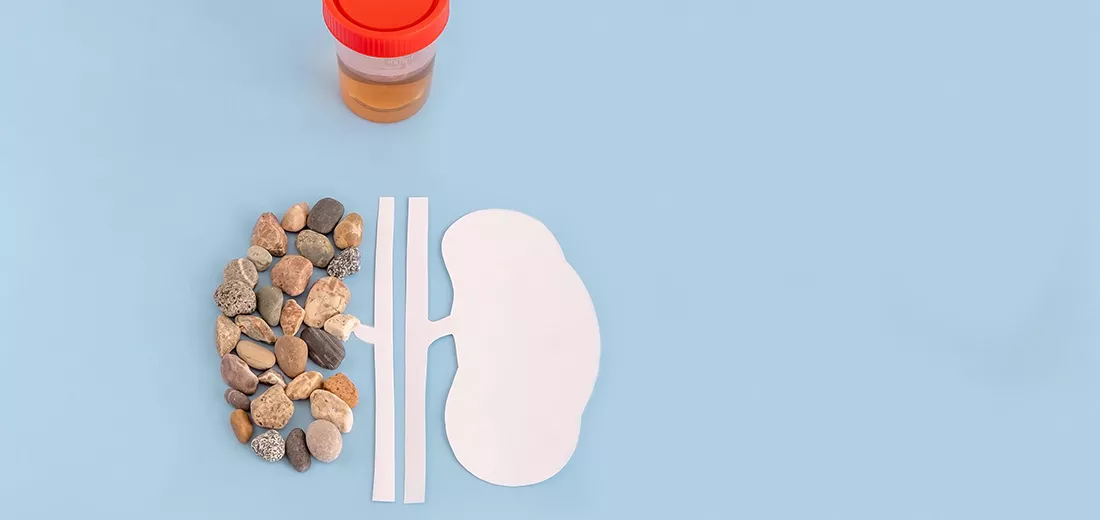A cystoscopy(hollow tube) is a procedure that allows the urologist to get a comprehensive understanding and view of the inside of the urethra and bladder. This is done to get a better look at the cause behind bleeding, abnormalities, or blocking in the bladder and thus, the lining can be properly investigated.
The whole procedure can take less than 30 minutes and can be done in a testing room with the help of a local anaesthetic that helps numb the urethra. But, it can also be done as an outpatient procedure, with sedation. Another safer option is to have this process done in one of the best cystoscopy hospitals in Hyderabad.
Why is the process of Cystoscopy performed?
Cystoscopy is performed to diagnose, treat and monitor the conditions that are affecting the bladder and urethra. Some of the best urologist in Hyderabad might recommend cystoscopy to:
- Understand the cause behind the symptoms: Some of the symptoms can include blood in the urine, overactive bladder, incontinence, and feeling pain while urinating. Cystoscopy can also help understand the reason behind recurring urinary tract infections.
- Diagnose the disease and the condition: After a thorough investigation, your doctor can diagnose the disease such as bladder cancer, bladder inflammation and stones.
- Treatment of the disease or condition: Several important tools can pass through the cystoscope to treat the disease or condition. For instance, tiny small bladder tumours can be easily removed during cystoscopy.
- Treat the enlarged prostate: With the help of cystoscopy, the doctors can figure out the narrowing of the urethra as it passes through the prostate gland, showcasing the enlarged prostate. After that, the doctor can help treat the same.
Cystoscopy indications and Contraindication
First, let us talk about Cystoscopy indications which can include:
- Evaluating urologic fistulas
- Retrieving samples (for various studies such as cytologic and histologic)
- Microscopic hematuriaa
- Evaluating urethral or bladder diverticula
- Congenital anomalies in the pediatric population
- Doing an evaluation of patients that have voiding symptoms
- Retrograde pyelography that is done for upper urinary tract evaluation
- Intraoperative evaluation of the urethra, bladder, and ureters after some incontinence or prolapse procedures
Then comes, therapeutic cystoscopy indications which include:
- Treating reflux in the pediatric population
- Bladder neck
- Treating the urethral strictures
- Then comes intravesical procedures that consist of - treatment of bladder stones, bladder tumours or ulcers, removing any foreign bodies that are present, and others.
Contraindication
Contraindication to cystoscopy is very straightforward. In case there is any evidence present of acute urinary infection, then the procedure would be contraindicated. This is because it could put the patient at risk for developing sepsis. Due to this very reason, it is recommended to opt for a urinalysis 5 to 7 days before your scheduled cystoscopy procedure.
How to prepare yourself for the cystoscopy procedure?
Before you go through the cystoscopy, your doctor will prescribe antibiotics to be consumed both before and after the procedure. Furthermore, it is also recommended to drink loads of fluids for urination before the treatment. Make sure that this is performed on an empty bladder. The specialist present may also use the urine sample to test for any UTI’s before the treatment takes place.
Furthermore, if you will be receiving a sedative or local anaesthesia, make sure you have a ride back home or arrange one in case you don’t have anything planned yet.
Side effects and cystoscopy recovery
Do you ever think- is cystoscopy a painful process? Well, it can be. However, once you are done with it you can easily resume and do your daily chores without any issue. Although, you may be required to remain in the recovery room for a day or for a few hours to allow the medication to leave your body. This depends on whether local anaesthesia or sedative was used.
It is possible that you may have some side effects, which includes:
- Some blood while urinating
- Frequent urge to urinate
- Some discomfort while urinating
- Soreness or burning in and around the urethra
The aforementioned symptoms don’t last longer than a day after your procedure. In case they do last longer than 48 hours or if you have a fever, then without a second doubt call your doctor.
After the procedure, your doctor will suggest that you:
- Drink about 32oz of water in the next two hours
- Use any over-the-counter pain medication
- A warm bath to ease the burning sensation
- Take a warm, damp washcloth and use it over the urethral opening to ease any kind of discomfort.
Furthermore, you will have to continue taking antibiotics for the next few days to prevent any infection.
In conclusion
A condition that affects your bladder or urethra is extremely uncomfortable. They can cause pain or irritation while urinating. In addition to that, going through an interventional procedure will only add to the discomfort, briefly. However, cystoscopy is considered to be tolerable, if any complications. Furthermore, once you are done with the treatment, the condition that’s affecting your bladder or urethra can be easily treated.









